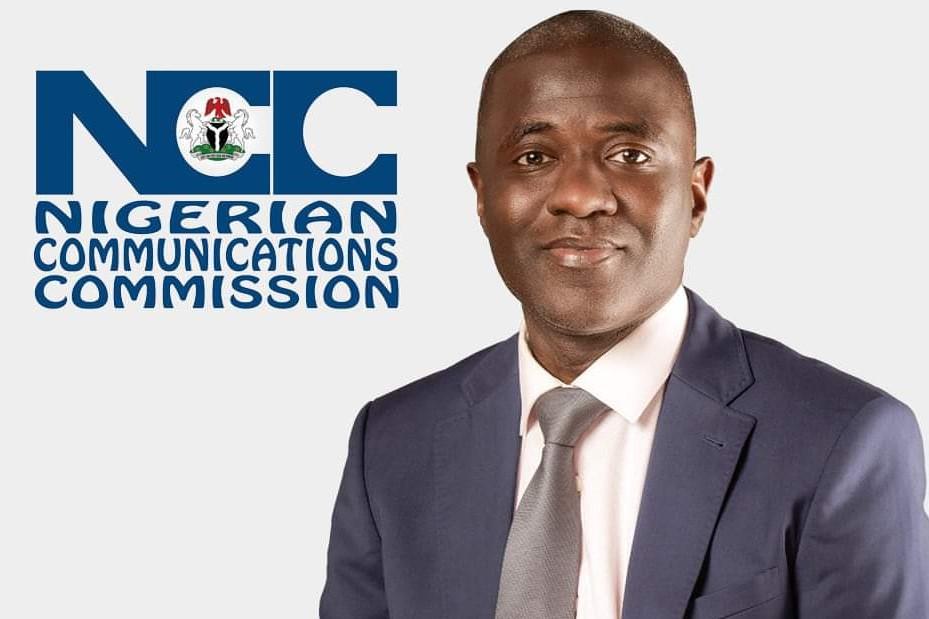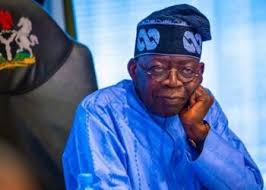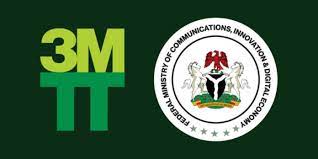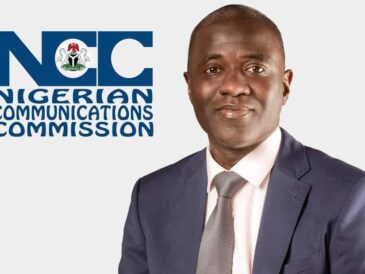Abuja, Nov. 22, 2024 – The Nigerian Communications Commission (NCC) has called for deeper partnership with the judiciary in achieving its mandate of advancing digital transformation in the country.
Dr. Aminu Maida, the NCC Chief Executive and Executive Vice Chairman, made the call at the just concluded 2024Annual Workshop for Judges on Legal and Regulatory Issues in the Communications Industry held in Abuja.
He described the core mandate of the NCC as the establishment and oversight of regulatory framework for the Nigerian communications industry and the promotion of efficient, reliable, affordable and easily accessible communications services across the country.
“This mandate means that we play an integral role in Nigeria’s transition to a truly digital economy,” he said.
Maida, however, said the NCC could not guarantee a truly digital economy without being able to adequately protect the telecommunication infrastructure that underpinned the digital economy.
“Increasingly over the years, telecommunication infrastructure has suffered from disruptions due extensive damage from vandalism and theft, fiber cuts by construction companies to mention a few, and even restricted access that prevents operators from servicing critical infrastructure,” he said.
The NCC boss, therefore, called on the judiciary for special protection of telecommunication infrastructure to ensure continuous connectivity and reliable communication services.
The NCC boss said this partnership had become more important with signing of a Presidential Order that designates all telecommunications infrastructure as Critical National Information Infrastructure by President Bola Tinubu in July 2024.
He said with this Order, individuals, organisations and even government agencies are prohibited from sealing, removing, or damaging telecommunications infrastructure without a lawful court order.
“With this Presidential Order, Nigeria now has a comprehensive policy framework to protect vital telecommunication assets, from base stations and data centers to fiber optic cables.
“This framework strengthens our ability to decisively confront issues such as vandalism, illegal tampering, and preventing access to communications infrastructure, holding violators accountable to deter future offenses,” he said.
Maida advised the judiciary to be firm in applying the provisions of the laws in safeguarding these national assets to serve as deterrent to future offenders.
He said another major challenge for the judiciary is the need to adapt to changes evolving with the digital transformation.
The NCC boss said with the digital age advances, judicial officers must constantly adapt to ensure that the rule of law is as effective and enforceable in the online realm as it is in the world of brick and mortar.
He said legal officers must be able to adapt existing legal principles to the complexities of emerging and evolving technologies.
He said Nigerians were eager to see a new chapter of digital justice where the roles played by the judiciary are effectively translated and adapted into online contexts of protecting fundamental rights, enforcing digital contracts and resolving disputes as well as developing digital jurisprudence and promoting innovations.
“Your Lordships, distinguished guests, ladies and gentlemen, ensuring and regulating Nigeria’s digital transformation is not a task that the NCC can fulfil alone.
“It involves strategic collaboration with key partners, and the judiciary remains one of our most important stakeholders in this regard.
“A functional digital economy is built on investor and consumer confidence, which are impossible in the absence of the rule of law, a critical element that is supplied by the judiciary.
“As the digital landscape continues to evolve at an unprecedented pace, the judiciary stands as a vital pillar in shaping a present and a future where technology serves humanity.
“The judiciary is not simply a bystander observing the digital revolution; instead, it is an active participant, playing a continuous role in shaping the legal frameworks that govern this new technological era,” Maida said. (GBN)





